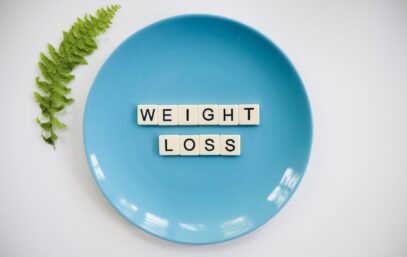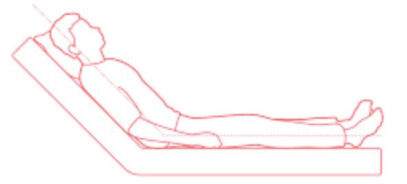Comprehensive Dental Care Guide for Babies and Toddlers

Dental care is a crucial aspect of your child’s overall health and well-being, even from a very young age. Establishing good oral hygiene practices during infancy and toddlerhood sets the foundation for a lifetime of healthy teeth and gums. In this comprehensive guide, we’ll walk you through essential dental care practices for babies and toddlers, ensuring their smiles remain bright and healthy.
Start Early:
Oral care should begin even before the first tooth emerges. Gently wipe your baby’s gums with a clean, damp cloth after feedings to remove bacteria and prevent early tooth decay.
Teething Care:
When those first teeth start to emerge, around 6 months, your baby might experience discomfort. Provide teething rings or clean, cold washcloths to soothe their sore gums.
Introduce Toothbrushing:
As soon as the first tooth appears, start using a soft, infant-sized toothbrush with water to gently clean it. Gradually introduce a tiny smear of fluoride toothpaste (size of a grain of rice) after the age of 1.
Balanced Diet:
A balanced diet rich in fruits, vegetables, whole grains, and dairy products supports healthy tooth development. Limit sugary snacks and drinks to prevent cavities.
Limit Pacifier Use:
If your child uses a pacifier, avoid dipping it in sugary substances. Gradually wean them off the pacifier by age 2 to prevent dental issues.
Thumb Sucking:
Thumb sucking is common in babies, but if it continues after the eruption of permanent teeth, it can cause alignment problems. Discuss ways to address this habit with your dentist.
First Dental Visit:
Schedule your child’s first dental visit around their first birthday or when the first tooth emerges. This helps them become familiar with the dentist and sets a positive tone for future visits.
Fluoride and Water:
Fluoride helps strengthen tooth enamel. Consult your dentist about the need for fluoride supplements or the fluoride content in your tap water.
Brushing Routine:
Brush your child’s teeth twice a day using a small, pea-sized amount of fluoride toothpaste. Encourage them to spit, not swallow it.
Flossing:
Start flossing your child’s teeth once they have two teeth that touch. Floss sticks designed for children can make the process easier.
Dental Emergencies:
Accidents happen. If your child chips, knocks out, or injures a tooth, contact your dentist immediately.
Lead by Example:
Children learn best by watching adults. Make oral hygiene a family affair to create a positive influence.
Choose the Right Toothbrush:
Select a toothbrush with soft bristles and a small head to reach all areas of your child’s mouth comfortably.
Dental Playtime:
Make toothbrushing enjoyable. Play their favorite song for two minutes to encourage proper brushing duration.
Regular Dental Visits:
Regular dental check-ups every six months ensure early detection of any issues and keep your child’s oral health on track.4
Proper dental care from infancy lays the groundwork for a lifetime of healthy smiles. By following these simple guidelines, you can ensure that your baby or toddler develops strong teeth and good oral hygiene habits that will last a lifetime. Remember, a little effort now goes a long way in ensuring their dental well-being and overall health.



